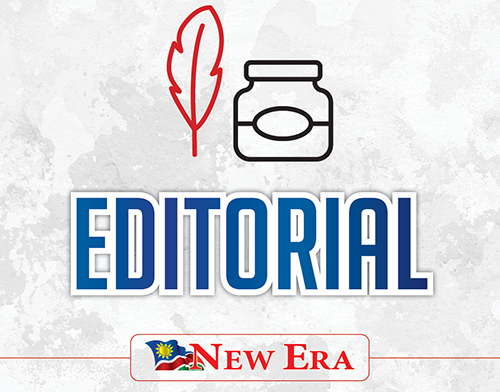The year 2024 has already been dubbed as the year of elections. The United States of America, the world’s most populous country, India, Russia and the United Kingdom are among the countries gearing up for watershed polls this year. In fact, for the first time in history, more than half of the world’s population across more than 40 countries will go to the polls, while over four billion people are eligible to vote.
The SADC election calendar is also jam-packed, with Namibia, and neighbours South Africa and Botswana hosting general elections. Later in the year, liberation movement, Frelimo, will battle it out against its nemesis Renamo and other contenders in a general election that would be a test for Mozambique’s democracy.
There is no doubt that the upcoming elections in Namibia, Botswana, South Africa and Mozambique will have a major impact on political stability and democracy consolidation. These elections, therefore, serve as a litmus test for liberation movements such as the African National Congress of South Africa, Swapo and Frelimo.
In South Africa, the ANC has lost significant ground, with its support dropping to 57.5% during the 2019 vote. This time around, commentators have predicted a further decline in support, with some even putting it at a low 45%.
At home, Namibia’s November Presidential and National Assembly elections are set to separate pretenders from contenders. If history is anything to go by, Swapo presidential candidate Netumbo Nandi-Ndaitwah – even if her candidacy is being contested by some party sections – has a slight advantage over her competition, as the ruling party’s presidential candidate has never lost an election since the dawn of democracy. The ruling party received a wake-up call during the general elections in 2019. While it obtained an overwhelming 65% of the total vote in the National Assembly elections, then-presidential candidate and serving president Hage Geingob saw his popularity dropping from 87% to 56%.
This year’s electoral contest is expected to pit Nandi-Ndaitwah against opposition leader and seasoned politician McHenry Venaani, her former comrades – dentist Panduleni Itula (Independent Patriots for Change), and lawyer Bernadus Swartbooi (Landless People’s Movement), among others.
While most of the attention will be firmly on the candidates contesting for the general election, we should not forget to tackle the elephant in the room – voter apathy – which has seen a significant number of eligible voters staying away from the polls. The last general election was marred by a low voter turnout as only 60% of registered voters cast their votes. The situation is much worse when it comes to local authority and regional council elections where turnout has been substantially woeful.
There are many reasons why voters might be apathetic. Young people appear disillusioned with the current state of affairs, resulting in a huge number staying away from polls. Lest we forget, the youth account for the largest voter block, and if this disillusionment is not effectively mitigated it will not augur well for our democracy.
Thus, youth perspectives matter in a big way. In a country troubled by severe social and economic problems, including youth unemployment that has spiralled out of control, it would be advisable for politicians to put renewed focus on the bread-and-butter issues.
Therefore, our leaders should get to the nub of the issue and steer clear of making outrageous false campaign promises that are not achievable in the first place.
Tell the voter how you will help them out of their struggles, how you will use the current legal framework to achieve those goals and how your plan will pay for it.
In the past political parties got away with outrageous claims and promises while their manifestos are but a vague afterthought and could never be used as a base for governance or deliver on promises.
Voters, rightly so, have expectations which they want to be fulfilled. The question, however, remains whether politicians will honour and deliver on their promises. Only time will tell.



